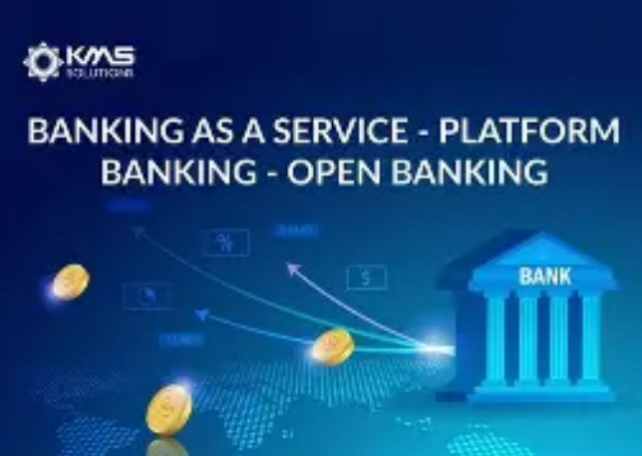In the retail industry, Pinduoduo changed the way commerce works by removing conventional obstacles and allowing consumers to link directly with various suppliers using an open platform. Similarly, Open Banking is now set to revolutionize financial services by altering how wealth is handled, payments are made, and financial products are offered. For wealthy individuals who are used to premium financial services, this change means more than just ease of use; it represents a complete rethinking of financial connections, with effects that go well beyond the typical transactional advantages usually discussed in the media.

The Platform Economics of Financial Data
The primary innovation of Open Banking is its platform model, which transforms financial data from a private asset into a communal resource. Similar to how Pinduoduo succeeds by bringing together various suppliers on a single platform, Open Banking integrates different financial services—like wealth management and lending—through uniform data-sharing rules. This process fosters an environment where specialized companies can compete to provide customized solutions, breaking away from the traditional one-size-fits-all offerings of large banks.
For wealthy individuals, this shift offers both freedom and complexity. They can now access advanced investment tools, personalized loan rates, or international wealth management without needing exclusive ties to major banks. Instead, smaller fintech companies with specific expertise can offer focused services by using secure access to financial data. However, this fragmentation increases the need for financial understanding; dealing with numerous providers now requires knowledge of data permissions, security measures, and integration risks, making wealth management a more hands-on, curated experience rather than a simple banking arrangement.

Hidden Costs in "Free" Financial Services
Just like Pinduoduo’s affordable prices involve hidden costs related to data and experience, "free" or discounted Open Banking services can pose unseen threats to wealthy individuals. The ease of accessing combined insights depends on sharing large amounts of data, which puts sensitive financial information at greater risk for breaches or unauthorized access—something that affluent users need to worry about more since they have more to lose.
Additionally, the "attention economy" adds another layer of difficulty: Open Banking platforms may emphasize high-commission products instead of those that fit personal wealth management plans, similar to how online shopping sites promote items that attract engagement. This situation requires savvy investors to separate true advice from algorithm-driven promotions, a task made even harder by the complicated nature of open banking services.
Curated Ecosystems: Open Banking’s Wealth Management Edge
The success of Open Banking adoption among wealthy individuals relies on viewing it as a carefully designed ecosystem rather than a broad-market solution. These individuals choose to share their data with specific providers who address valuable needs—such as tax-efficient transfers, real-time monitoring of investments, or customized risk management tools—by emphasizing partnerships that deliver real efficiency or increased returns.

In this context, security serves as a significant benefit. Premium users tend to favor platforms that offer detailed permission settings and strong governance: having clear records for audits and transparent business practices that do not misuse data for additional profit.Open Banking is not about providing the same experience for everyone; it focuses on personalized wealth management, similar to luxury items. For those with substantial wealth, it presents a chance to establish a distinctive financial ecosystem—merging specialized services, secure data exchanges, and strategic collaborations—crafted to effectively safeguard and enhance their wealth.

Best Savings Accounts for Children in 2024

Early Mortgage Payoff: A High Earner's Dilemma

Credit Card Mastery: Strategic Rewards

Understanding the Basics of Monetary Policy: Current Trends and Future Predictions

How to manage personal finance?

From Earning to Managing: Wealth’s Cognitive Leap

Selecting Insurance for Accidents, Critical Illness, and Life
